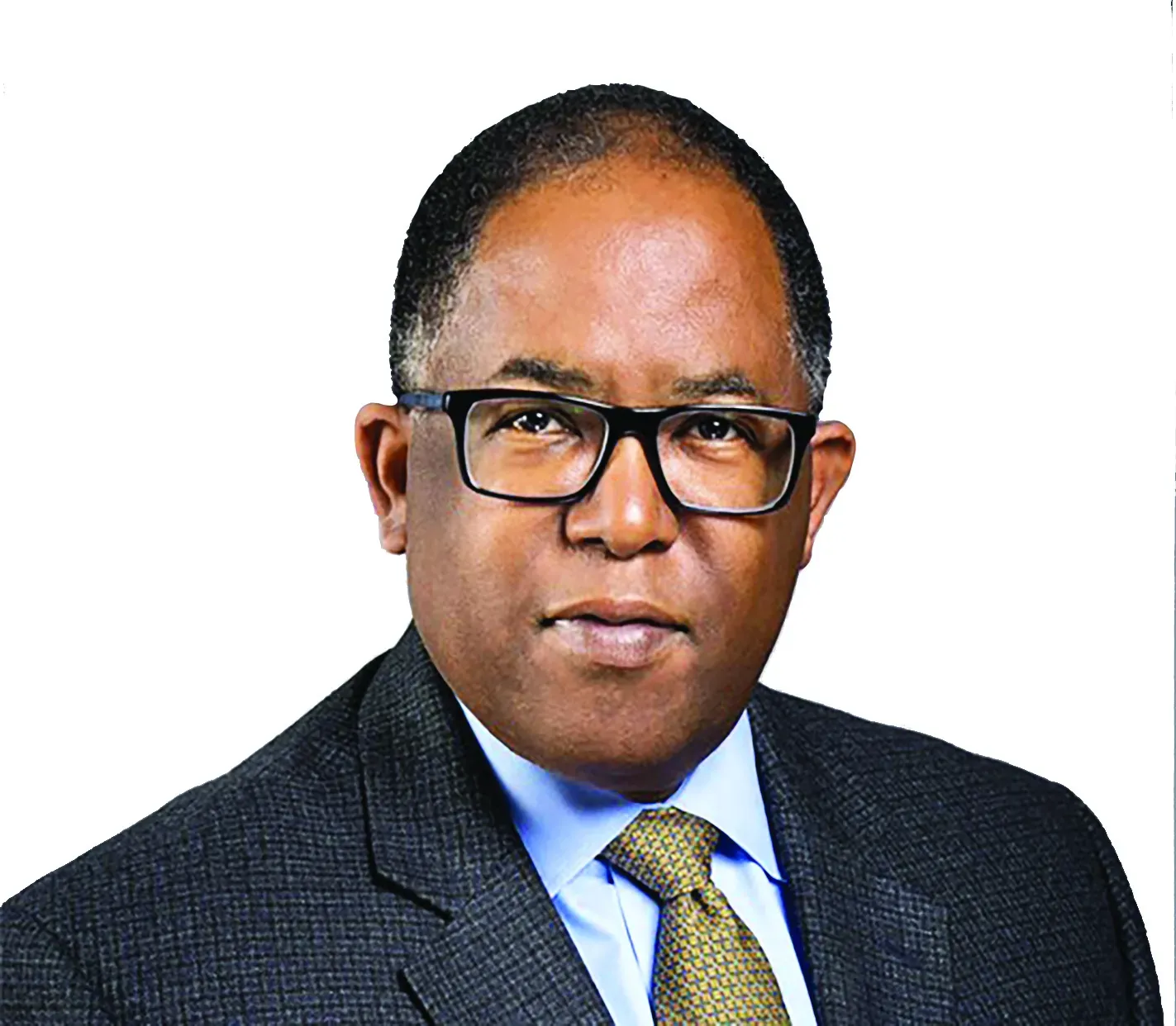LA Focus: Prosecutors Seek Six-Year Prison Term for Mark Ridley-Thomas

August 9, 2023 | lafocus
Prosecutors are seeking a six-year sentence in federal prison for former L.A. Councilmember Mark Ridley-Thomas, who was convicted of one count of bribery, conspiracy, honest services mail fraud and four counts of honest services wire fraud earlier this year for funneling a $100,000 donation to United Ways through USC’s School of Social Work.
“Through his own corrupt actions, abuse of his powerful elected office, failure to accept responsibility, and efforts to undermine the public’s faith in this judicial process, defendant’s overall conduct strongly supports a sentence of 72 months’ imprisonment,” the prosecution stated, characterizing the Ridley-Thomas’ actions as a “shakedown” in the 32-page document.
In stark contrast to the 32-page sentencing recommendation, attorneys for Ridley-Thomas say that their client stands convicted not for money he gained as a result of the bribe, but for money he lost—he donated $100,000 from his ballot committee account to help fund the salary of a United Ways of California employee.” This employee, Zaneta Smith, was a community organizer who was hired to assist Sebastian Ridley-Thomas on a community project to educate African American voters.
“The donation [to USC] complied with state campaign finance law and Sebastian Ridley-Thomas, who held only a volunteer director position, received none of the funds.
They are urging the court to make an individualized assessment based on the facts presented and are maintaining that the guideline range is 21-27 months, while also asking for probation, home confinement, community service and a fine over prison time.
In their 32-page response, attorneys point out that the Telehealth Amendment he supported—which stands at the center of the case —would have passed regardless of any bribe.
Supervisors Kuehl and Hahn testified that they were not pressured into voting for it and the motion was sponsored by Supervisors Barger and Solis. Nor was any evidence presented at trial that he asked anyone else to vote for it.
As laid out in the Sentencing Memorandum, “The Telehealth Amendment was on the consent calendar and unanimously passed because the Supervisors thought it was a good county motion to approve. That it provided legitimate services that addressed, according to Supervisor Kuehl, the ‘deep mental health needs that young people had.’”
Ridley-Thomas’ attorneys maintained that it was ‘simply illogical to use the face value of the $100,000 as the value of the bribe to Dr. Ridley-Thomas when the money came from Dr. Ridley-Thomas.’
“The government recognized that the money came from Dr. Ridley-Thomas and instead argued that the bribe was not the $100,000 itself, but the “secret funneling” of that donation through USC. But the government never even tried to place a value on the act of “secret funneling” because no such value could be ascribed.”
Attorneys further pointed out that this was not the prototypical corruption case. “No lavish Las Vegas trips. No cash in a paper bag. No illegal contributions from a wealthy donor. No money that Dr. Ridley-Thomas received. The County did not lose any money because the amendment at issue had no net county cost. The contract amendment to extend Telehealth for one year extended the county’s ability to provide free telemental health services to at-risk youth. It had the support of the Department of Mental Health, which had previously requested that the Board of Supervisors grant it the authority to extend the contract.”
Attorneys for Ridley-Thomas referenced the more than 130 letters of support received on behalf of Ridley-Thomas, citing the transformative things he’d done in the community —including the rebuilding of the Martin Luther King Jr. Hospital—and how he changed the lives of so many of his constituents.
“Nothing about those letters, Dr. Ridley-Thomas, or this case, is typical,” his attorneys stated. “This is not a case about a public official diverting public funds for his own personal gain. The money at issue—a $100,000 donation from Dr. Ridley-Thomas’s ballot committee account—went to fund a non-profit devoted to ensuring that the voice of African-American voters would be represented in political polling. And the contract amendment Dr. Ridley-Thomas supported extended a project expanding access to mental health care to a vulnerable population in Los Angeles—a project that he spearheaded and had consistently supported for years. The value of the bribe, and whether it even had a victim, is unclear.”
On August 21, Judge Dale S. Fischer will have the final word.
This article was originally posted to L.A. Focus on the Word

